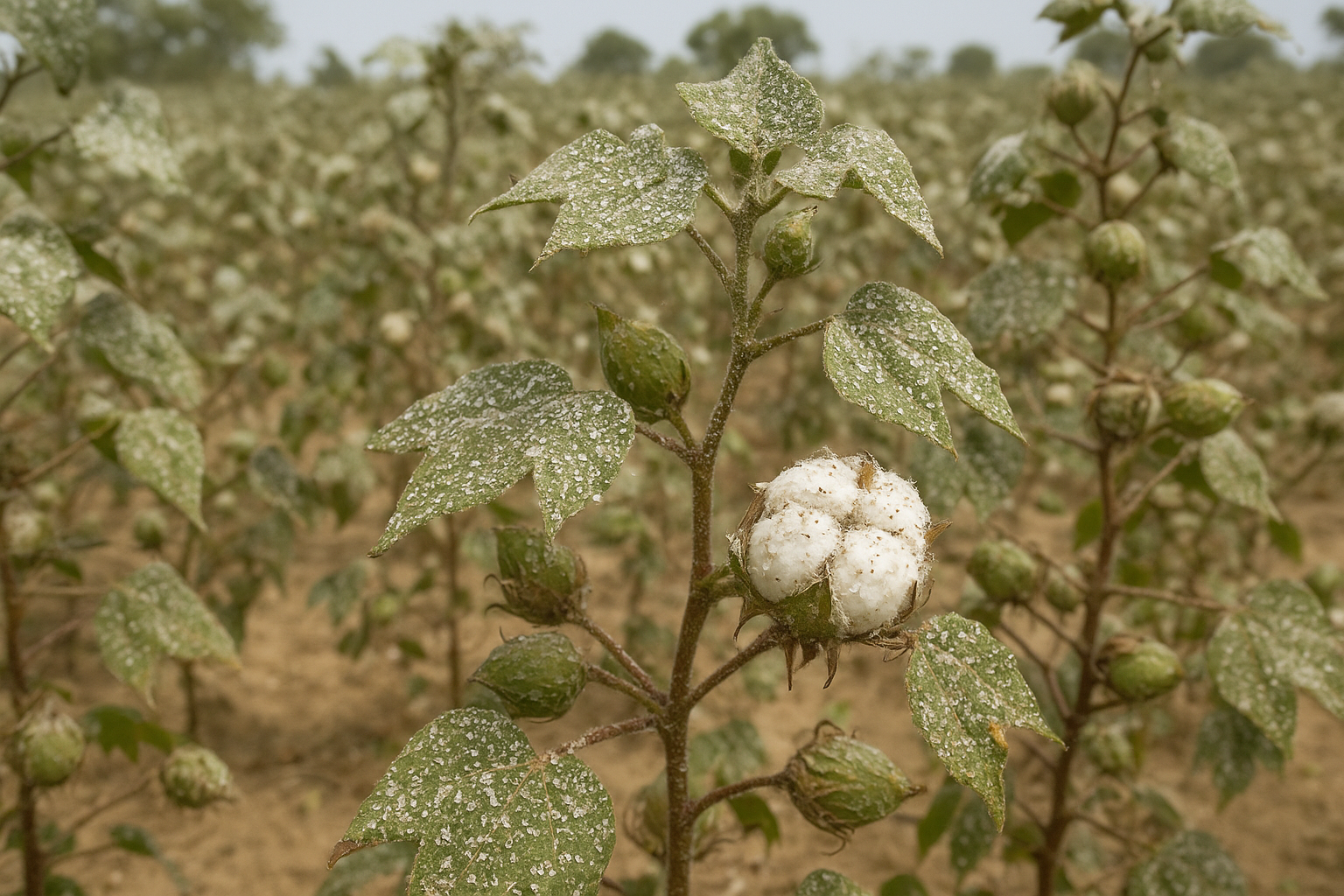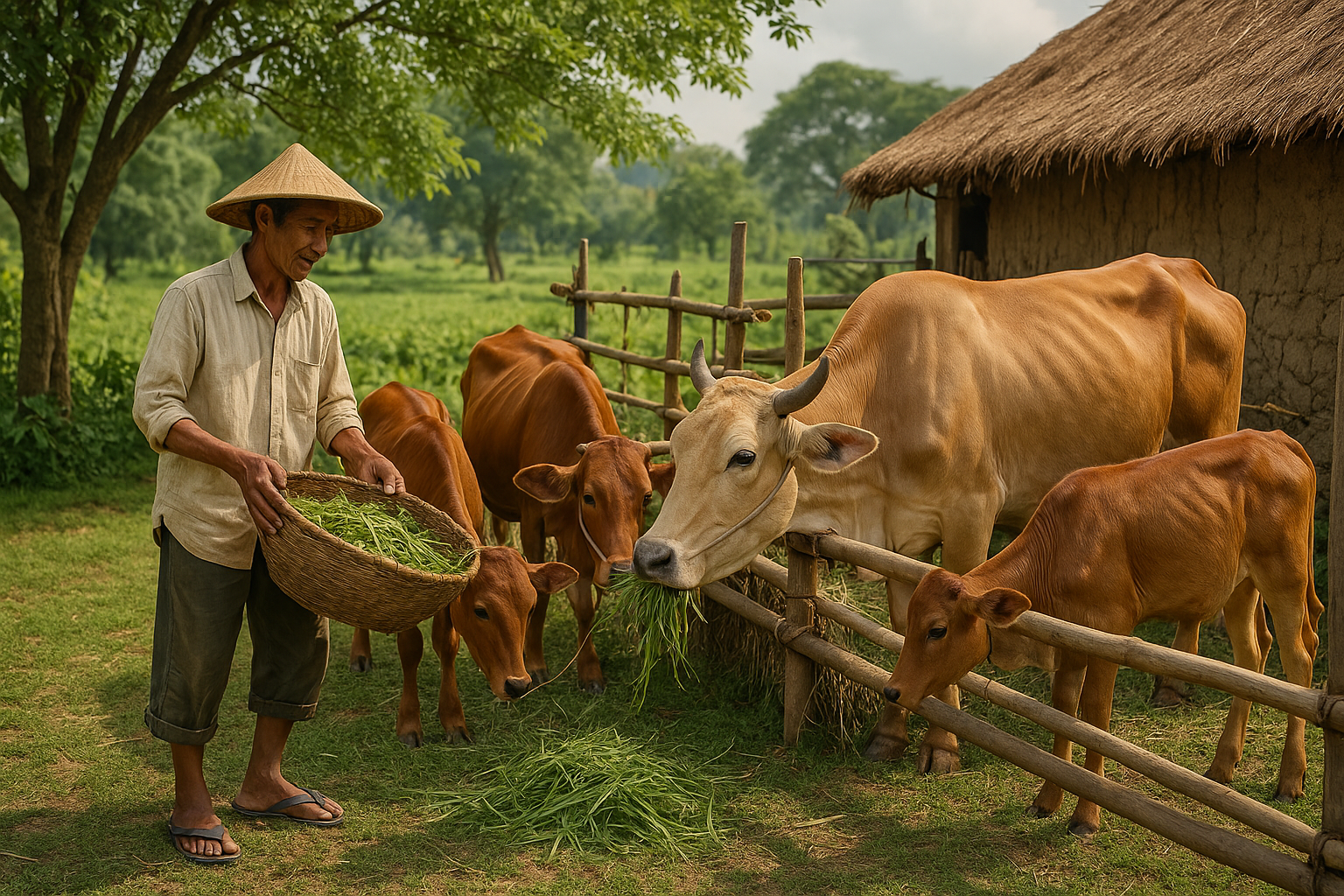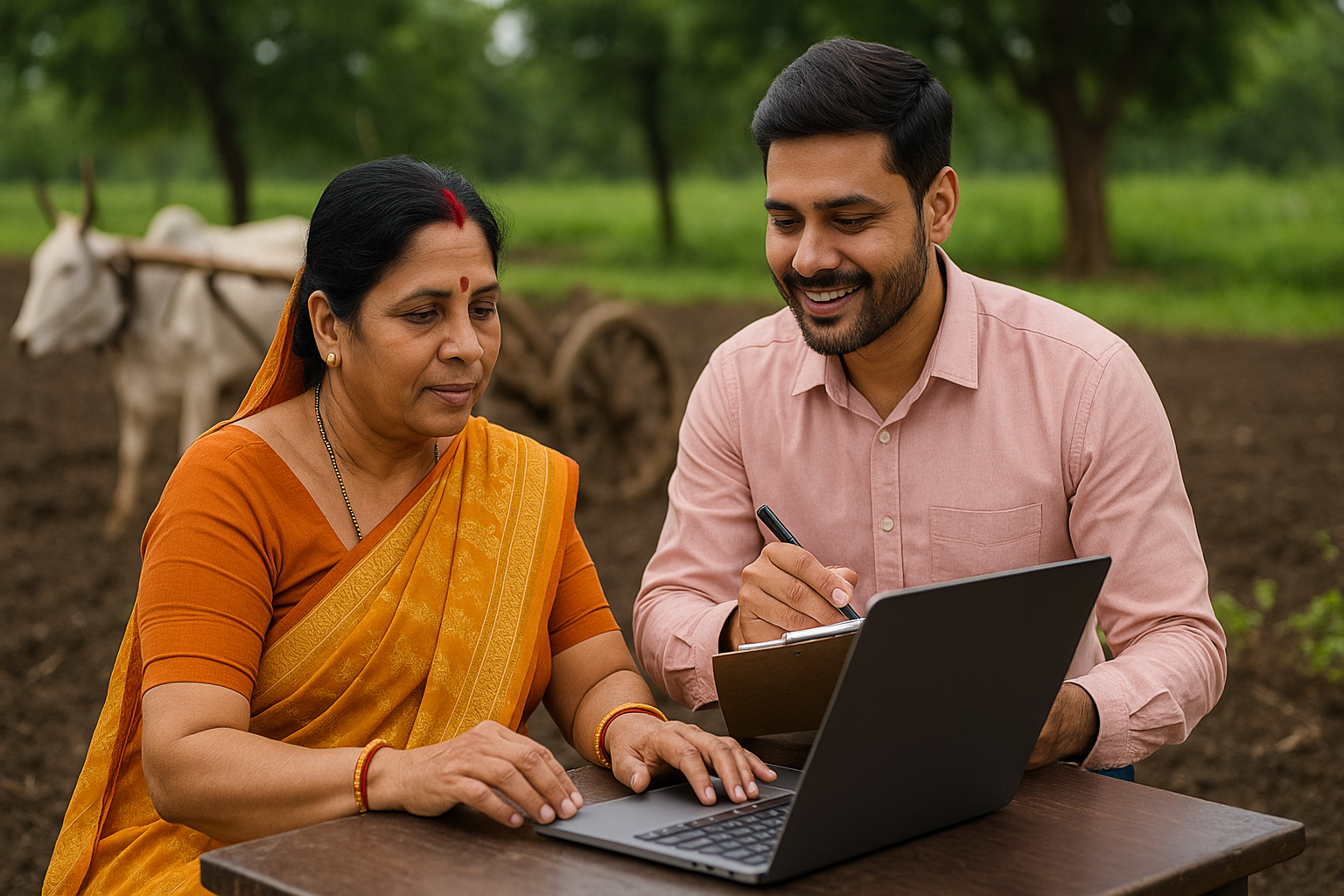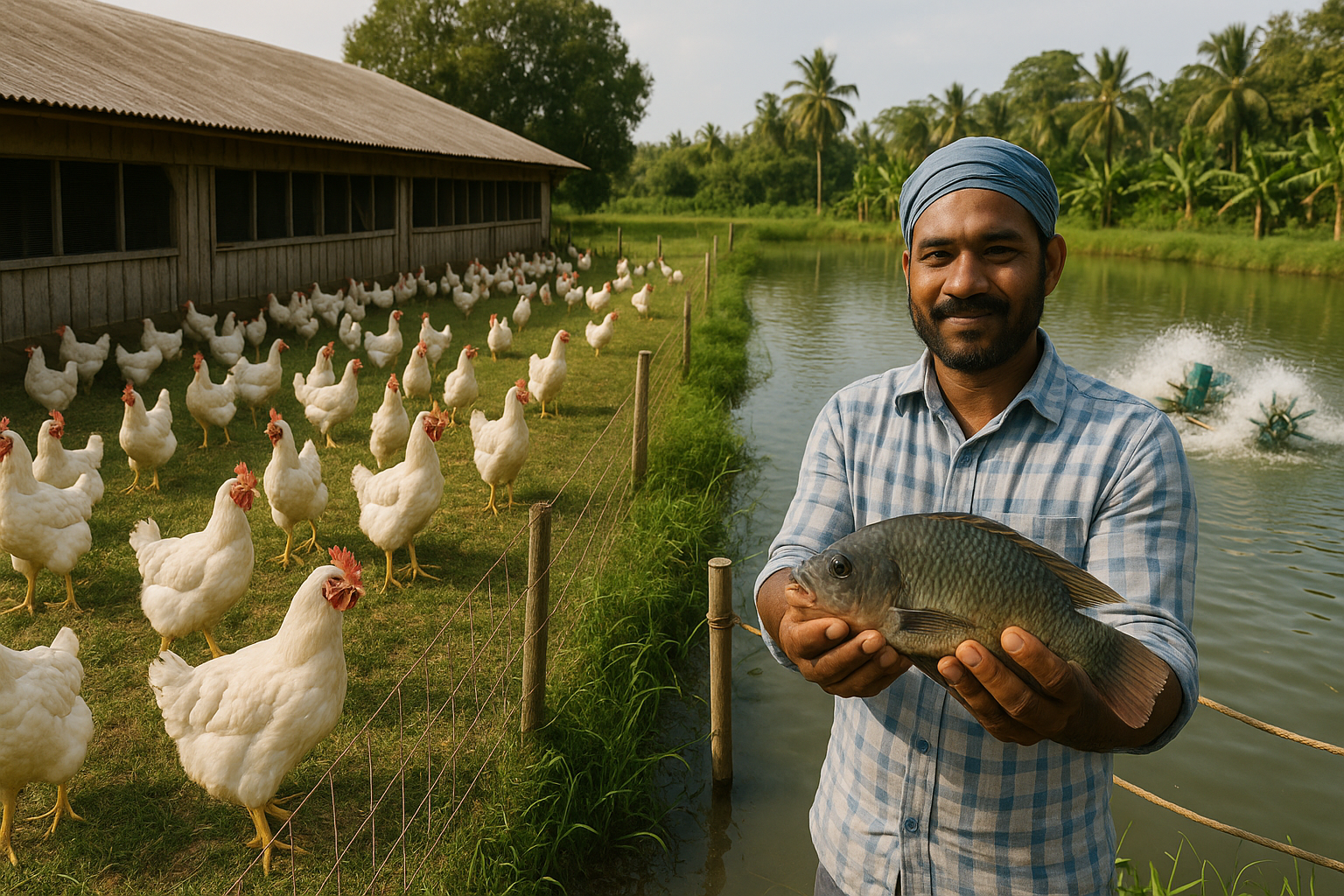India, the world’s largest milk producer, is witnessing a transformation in its dairy sector. Traditionally driven by smallholder farmers, the dairy industry is now embracing innovation and digital tools to meet rising domestic demand, ensure quality, and boost farmer income.
The sector, which contributes nearly 4.5% to India’s GDP, supports over 70 million rural households, most of them small and marginal farmers. Recent developments show that the future of Indian dairying lies in modernization, sustainability, and traceability.
🐄 Rise of Tech in Dairy Farming
The infusion of technology into dairy operations is streamlining production and improving yield. Startups and cooperatives are adopting solutions like:
- IoT-based wearable devices for real-time health and activity monitoring of cattle
- Automatic milking machines to ensure hygiene and increase efficiency
- Mobile apps that allow farmers to track milk yield, breeding cycles, and veterinary schedules
- Digital payment systems for transparent transactions between dairies and farmers
These innovations are helping address long-standing issues such as low productivity, milk adulteration, and poor cold chain infrastructure.
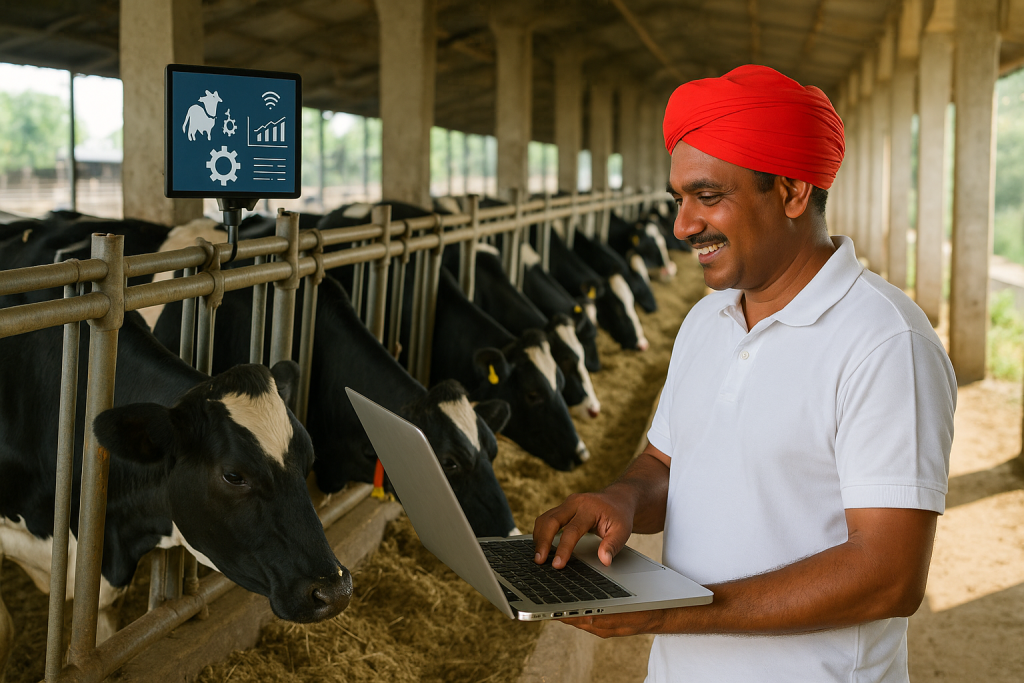
📈 Market Trends & Demand
India’s per capita milk consumption has increased from 252 grams/day (2000) to over 400 grams/day (2023), fueled by changing dietary habits and growing health awareness. The demand for value-added dairy products—like cheese, flavored milk, yogurt, and ghee—is growing rapidly, especially in urban and semi-urban areas.
Major dairy players like Amul, Nandini, and Mother Dairy are expanding product portfolios and ramping up cold chain networks. Meanwhile, private dairy startups like Stellapps, Country Delight, and MilkBasket are leveraging tech to directly connect producers with consumers.
🧪 Focus on Quality & Traceability
To meet international quality standards, Indian dairies are investing in traceability and quality control. Tools like RFID tags, blockchain-based tracking, and automated quality testing labs are becoming mainstream.
This is especially important as India pushes for greater dairy exports. Countries importing Indian dairy demand strict compliance with hygiene and safety protocols, which digital traceability helps assure.
🌱 Sustainability and Climate Resilience
With climate change affecting fodder production and animal health, the dairy industry is also focusing on sustainable practices:
- Promoting green fodder cultivation and silage storage
- Reducing methane emissions through diet optimization
- Training farmers in low-carbon livestock management
Government initiatives like Rashtriya Gokul Mission and National Dairy Plan are supporting breed improvement and infrastructure upgrades to build resilience across the value chain.



